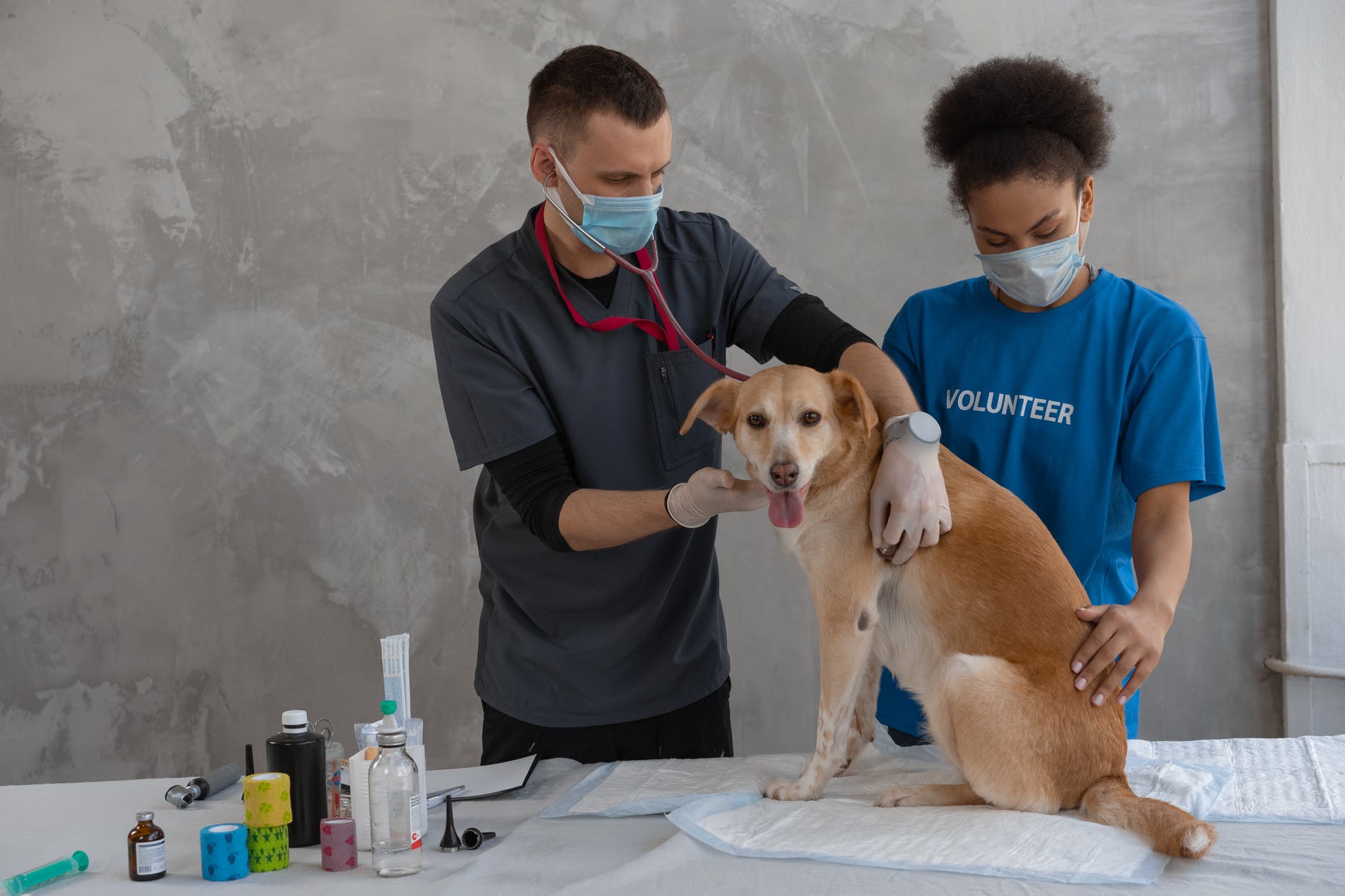
The natural fascination in dogs and cats will usually lead them to explore the yard, smell every object they come across, lick things, and play with the neighbors’ pets. The natural instincts of animals cause people to accidentally put themselves at risk of parasites and other illnesses. Various internal and external parasites can cause disease in dogs and cats, and some are transmitted to humans. Your family’s health is just as important to your dog’s health in the context of all-year-round, monthly parasite prevention.
Prevention of Pet Parasites
Parasites aren’t just unpleasant, but they’re also harmful. They’re full of pathogens that can cause the dogs at risk of acquiring the severe illness. To keep your pet safe from parasites, follow these seven steps that are easy to follow.
1. Consult your veterinarian
Contact your vet to find out which parasites are prevalent in your local area. If you reside in an area where parasites are more prevalent than you think, you must ensure you take precautions throughout the year. They can advise on the most efficient prevention strategies, the signs to watch out for, and ways to prevent parasites from spreading to your pet.
2. Check for symptoms of illness
A few parasite-infected pets have no signs of illness in any way. Therefore, it’s essential to carry out regular tests and preventative steps. However, it is crucial to know the symptoms when they first appear. The most common signs associated with parasites on pets are vomiting, diarrhea, nausea, vomiting, and bloody stool. Coughing and difficulty breathing are the two symptoms of heartworm disease. See your vet immediately if you notice any of these signs on your pet. To learn more about the symptoms, visit this home page.
3. Use preventive medication
Such intestinal parasites could be treated with easy-to-use medication, which is fantastic news. Indeed, many medical doctors recommend their patients use these medicines throughout the year. Keep up with your routine, even when you’re on vacation. If you’ve missed a few doses of your medication, speak with your vet.
4. Maintain a feces-free yard
Reduce the chances of your pet getting parasite infection by maintaining a clean and tidy environment. Since most intestinal parasites are transmitted through contact with feces directly, you must always clean up after your pet. Because of the long life span of some parasites, an area contaminated by feces could serve as an opportunity for exposure for weeks or even months.
5. Check their feces regularly
Taking a stool sample from your pet to your vet’s office for examination at least every year (or every six months, by the breed of your pet and health) is essential. This sample is tested for parasites at the direction of your vet. In terms of intestinal parasites, kittens and puppies are especially at risk.
The first visit to the vet needs a sample of feces from your pet. This will help your pet to begin a long and healthy life. The breeder should be able to show you proof of the puppy’s deworming treatment and the medication that was given. Check with your vet about this crucial aspect of the information.
6. Don’t let them drink standing water
Infestations caused by the parasite Giardia that can cause debilitating diarrhea always thrive in areas with stagnant water. Give your pet a clean, new water bowl so he won’t search for it in other places. Don’t let him drink from puddles or any other body of unused water. Call an emergency vet in case they drink stagnant water.
